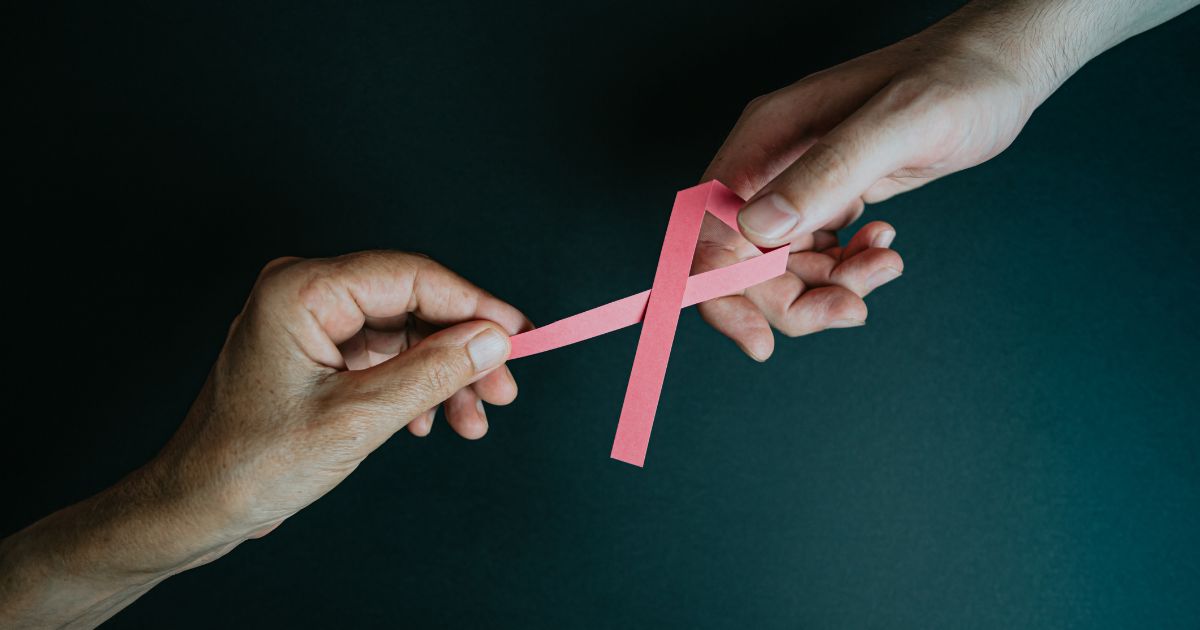June 11, 2025 From Global News

When a Diagnosis Is Wrong: Legal Hurdles in a Breast Cancer Misdiagnosis Case
For Gabriella Patey, what began as relief quickly turned to devastation—and then disbelief. After being told by Halifax’s IWK Health Centre that her breast cancer test results were clear, she was later informed that she had advanced-stage breast cancer with just 10 months to live. Days later, she was told the terminal diagnosis wasn’t hers after all—it was a mistake.
“I’m still completely traumatized from the whole experience,”
Patey told Global News.
“I still feel it now. I feel like I’m outside of my body.”
Now, Patey is considering legal action. But according to legal experts, even clear medical errors like this one aren’t easy to prove in court.
Medical Error Alone Isn’t Enough
Wayne MacKay, a professor at Dalhousie’s Schulich School of Law, explains that malpractice lawsuits rely on more than just the existence of a mistake. MacKat stated,
“It really matters whether or not somebody fell below the standards they were supposed to meet. You’d have to find out: how does this normally get done? What’s the normal practice? Did they fall below what was a reasonable standard?”
In other words, the law focuses not just on the outcome—but on the process. Did the healthcare provider deviate from the accepted standard of care? That’s what must be shown to prove negligence in court.
Psychological Harm Is Recognized—But Still Hard to Prove
MacKay also noted that psychological harm is becoming more recognized in legal decisions, especially when the trauma is severe.
In Patey’s case, she was told she had terminal cancer, only to learn days later that the diagnosis belonged to someone else. The emotional toll has been immense. Still, MacKay says proving that emotional suffering meets the legal standard for compensation adds another layer of complexity.
An Apology Isn’t an Admission
The IWK Health Centre reportedly gave Patey a verbal apology and promised a written one—though she had not received it by the following day. While apologies can offer acknowledgment and some healing, they don’t automatically translate into liability in court.
And while the hospital may admit a communication error occurred, unless the conduct falls clearly below professional norms, it may not be considered negligence under the law.
The Damage of Misdiagnoses
Medical misdiagnoses—especially as serious as a false terminal cancer diagnosis—can be deeply traumatic. But as Patey’s experience shows, seeking justice through legal channels requires more than just proving an error occurred. Plaintiffs must show that providers acted negligently, not just imperfectly.
As legal standards slowly evolve to better account for psychological harm, cases like Patey’s may shape future court decisions. For now, patients must navigate a complex legal system that still places a high burden on those seeking redress—even in the face of devastating mistakes.
At Malpractice Check, we are dedicated to providing honest, unbiased opinions on medical malpractice concerns. Whether you’re seeking peace of mind or preparing to present your case to a lawyer, our trusted experts are here to help you navigate the complexities of healthcare errors with professionalism, compassion, and integrity. Contact us today to learn more.
